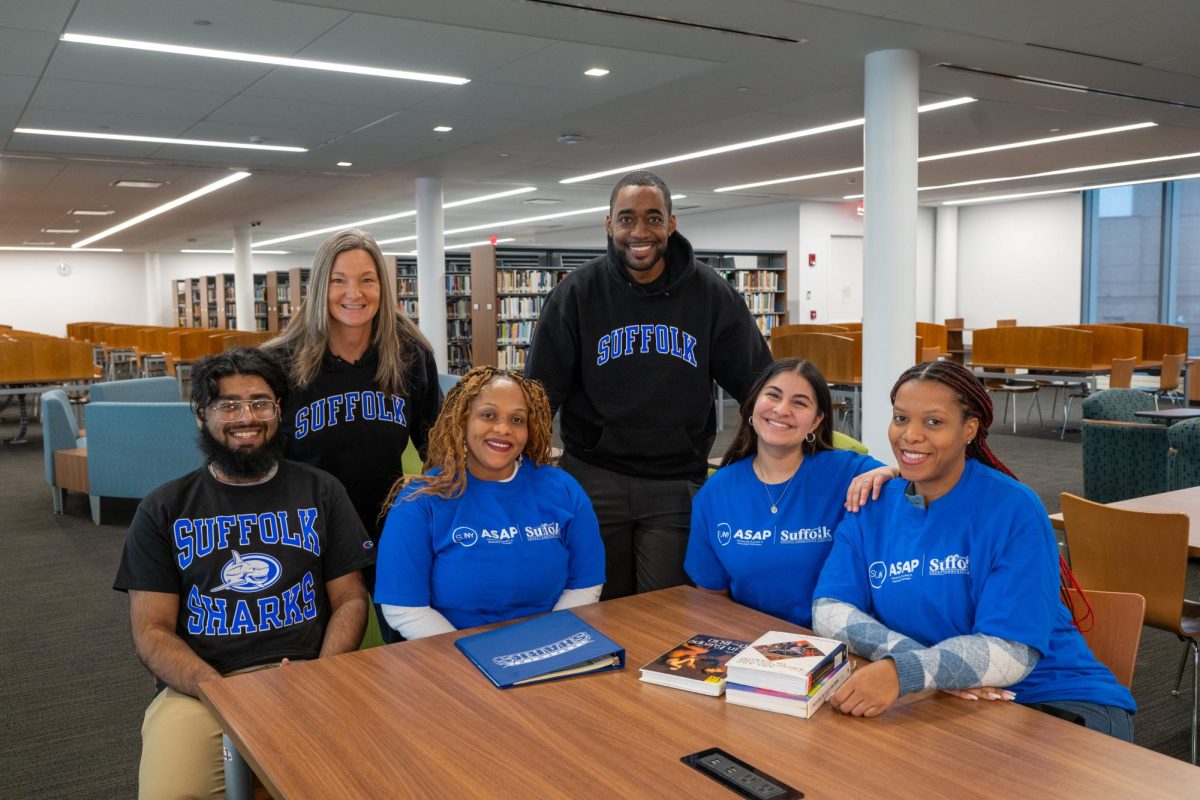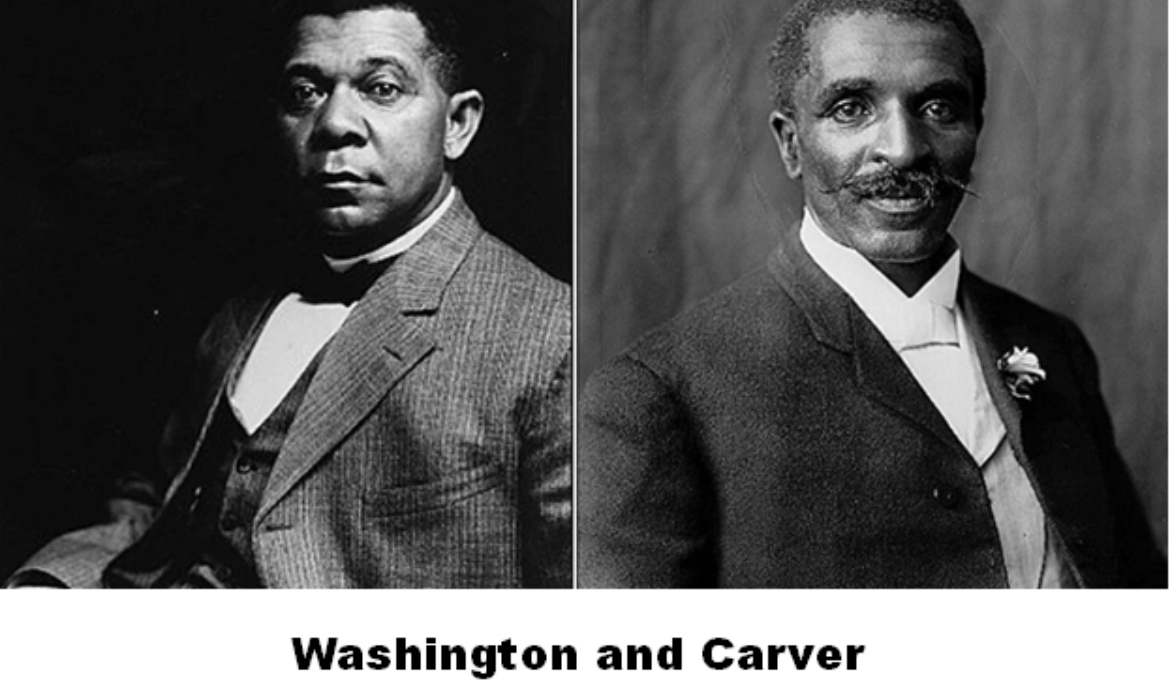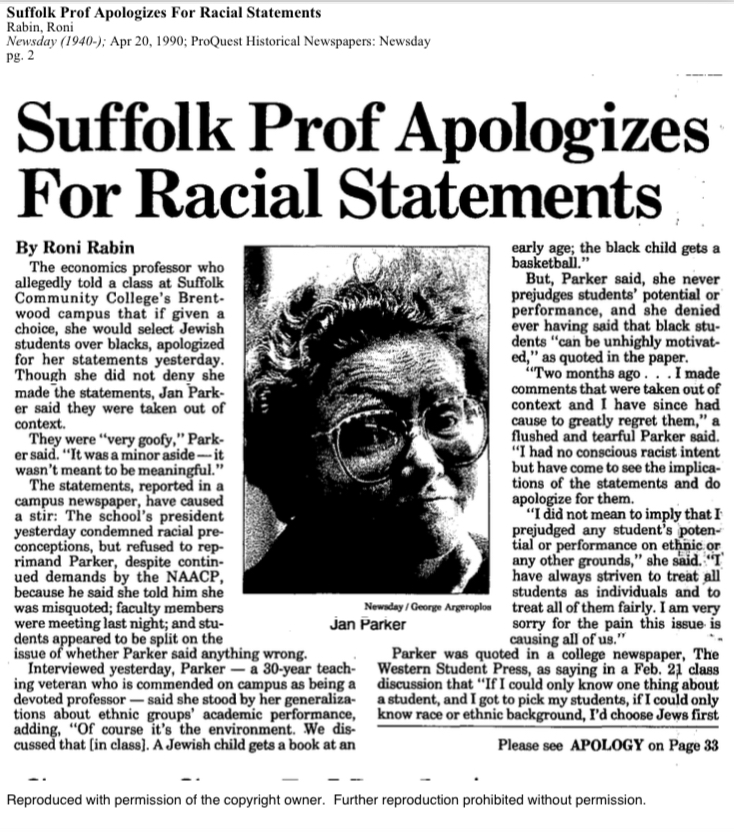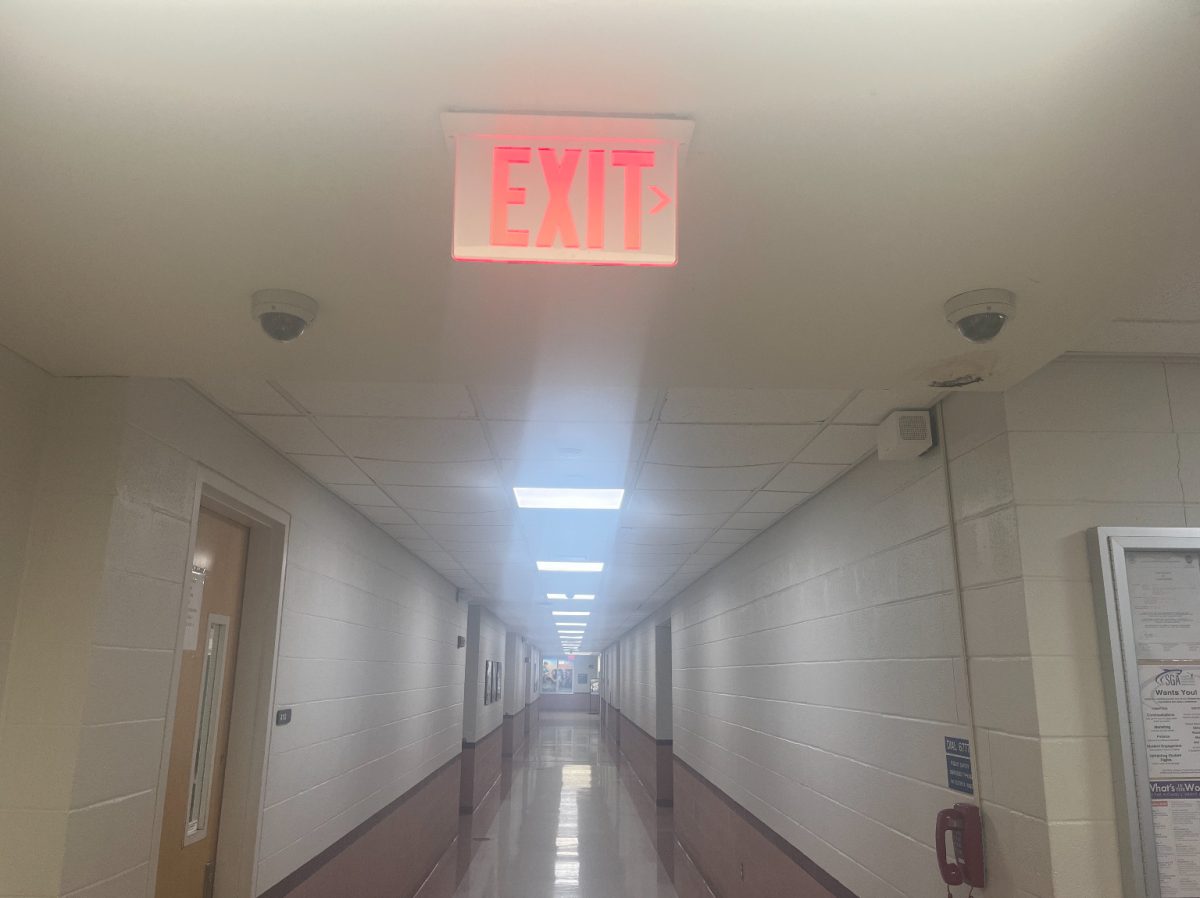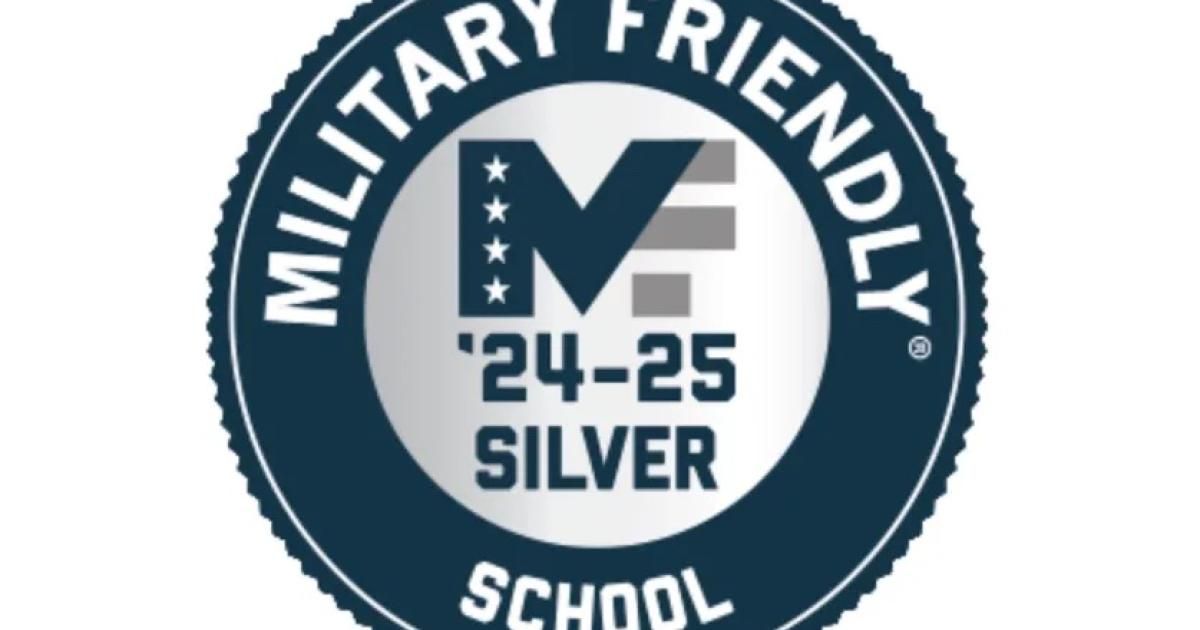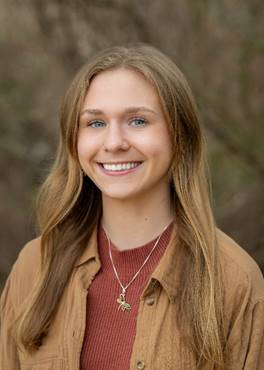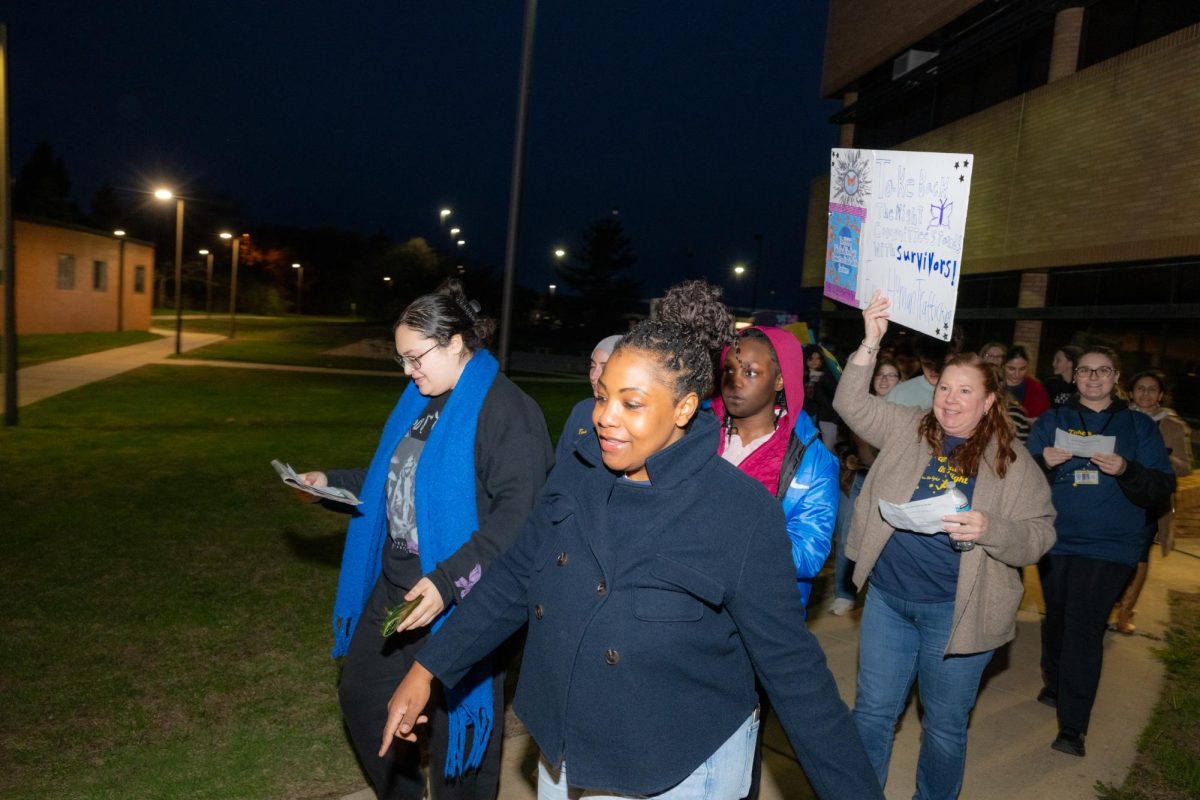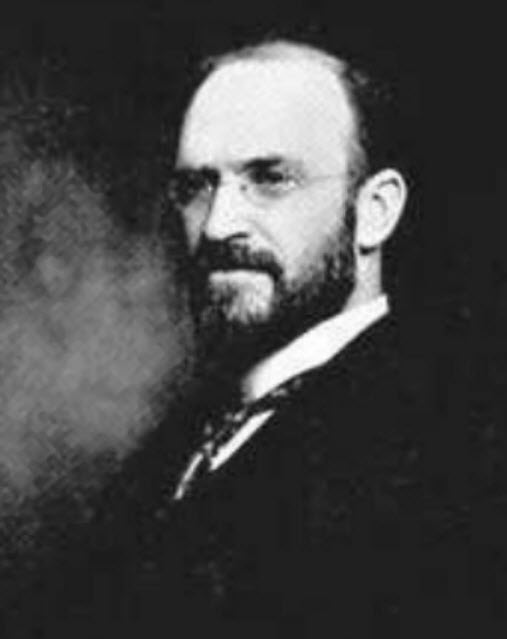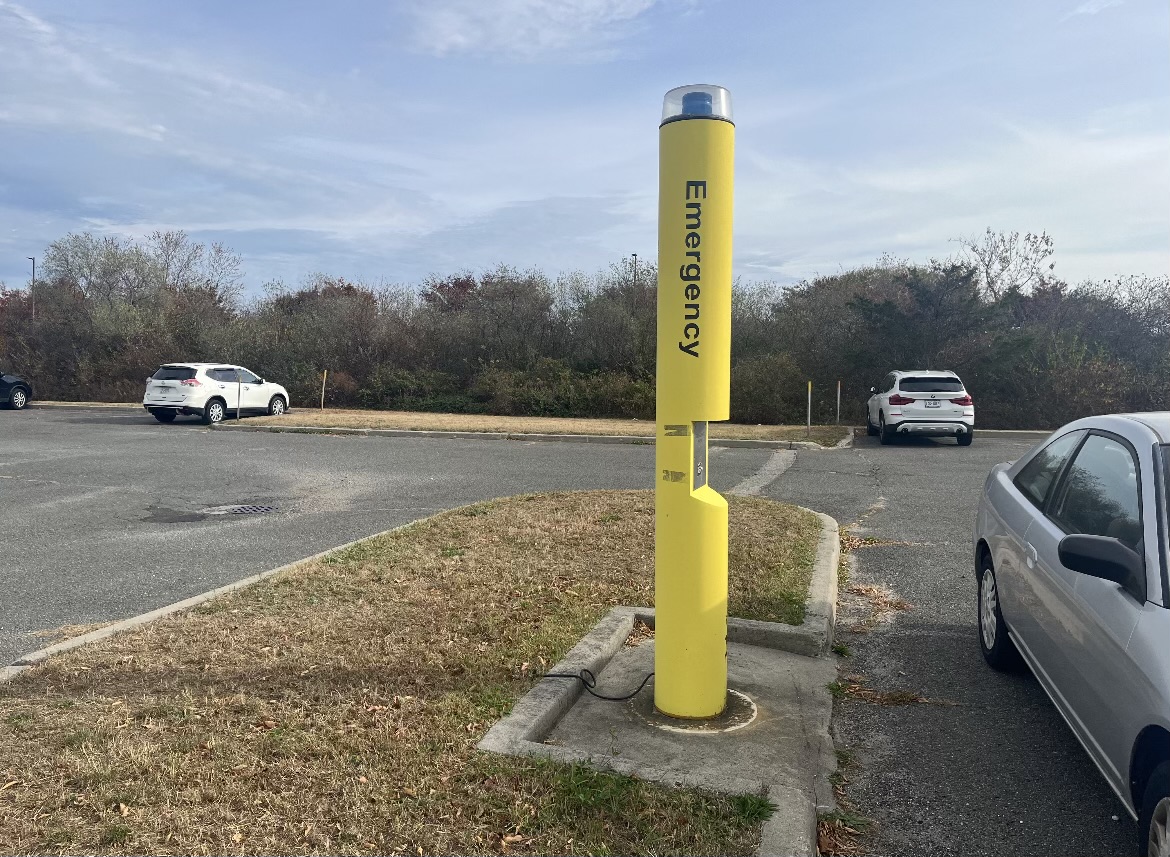
Honors students on the Grant campus are facing new challenges now as SCCC initiates changes to the Honors Program, set to take effect at the end of the Spring semester. The program is being centralized under the leadership of the Ammerman campus in Selden and Grant students will no longer have a dedicated coordinator to advise them and help plan their course schedules.
“There will still be courses offered in the fall for Grant campus students and there will be courses offered on the Eastern campus. But beyond that, there won’t be a point person on the campus for those students,” says current Grant campus Honors Program coordinator Jaclyn Labozzetta. “They still have those support services at Ammerman. There’s a dedicated honors counselor who was spending some time here one day a week last semester, but he hasn’t been here this semester. So, I don’t want to say that it’s going to be wonderful for students. Obviously, it would be great if we could continue to have that here.”
Dr. Albin Cofone, the head of the SCCC Honor’s Program says the move to consolidate will be to the benefit of students in the program. “The shear critical mass of Honors classes at Ammerman – ranging from 35 to 40+ every semester – will offer an incredible array of course options. Thus students across the college, will be able to more easily earn Honors degrees and have more choices.” He adds, “While we recognize that some students may be initially hesitant, we’re hopeful that when they realize the exceptional scheduling choices they’ll get, plus access to all Honors services and the absolute pleasure to be gained from interacting with the rich density of Honors classmates at Ammerman, that any initial reluctance will be quickly overcome.”
While the Ammerman campus will offer many honors courses next year, fewer will be offered on Grant campus, leaving students to complete program requirements by commuting to Selden or settling for classes that may not fulfill their degree plans. “For the fall semester, we are going to offer four courses on the Grant campus. One of those four courses is the college seminar, so that will mostly be for incoming freshmen students,” Professor Labozzetta tells us.
For the current spring semester, six honors courses were initially offered to students on the Grant campus. However, two classes were cancelled due to insufficient enrollment following SCCC’s decision to raise the threshold required for a class to run, resulting in only four classes remaining available on campus this semester. Many students have voiced both frustration with the lack of options and uncertainty about what support services will still be accessible locally. “From what I’ve heard, some of the students are a little frustrated with the lack of availability of courses.”
Of the estimated 57 honors students based on the Grant campus, Professor Labozzetta estimates slightly more than half of them are actively taking honors courses at Grant. “Some of them just didn’t get honors courses this semester. Some of them are taking all their courses that honors courses that Ammerman.” While the Ammerman campus has roughly twice the number of Honors students at Grant, the course offerings are not commensurate, as Ammerman currently has nearly eight times as many honors courses as Grant. In the fall, it will offer thirty-eight courses, compared to four at Grant.
At the Grant campus, certain students are mandated to enroll in two Honors courses per semester to uphold their scholarships. However, these students face the challenge of having to attend classes exclusively available at the Ammerman campus. Consequently, they frequently find themselves enrolling in courses unrelated to their degree requirements solely to fulfill the honors criteria, as a result of limited course availability. “There have been exceptions that have been made, especially for the fall semester, where students who are on scholarship lost a course because of low enrollment. But, you know, having to continue to go back and ask for an exception. It’s really frustrating.”
“We also know, that campus identity is important to our students and can assure all Grant and East students that cherished sense of home ground belonging will remain intact,” Dr. Cofone told the Western Student Press, adding, “As the many students who already take Honors classes on two campuses will testify, two days at Ammerman and two days at the home campus of choice, really is something to be enjoyed.”
The initiative aligns with the school’s broader strategy of streamlining resources and embracing online communication channels, with the Selden campus as its central hub. “I won’t be here to do scheduling,” says Professor Labozzetta, “They would have to talk to someone at Ammerman; they might have a zoom appointment. But for the new students who are coming in and don’t know the college, that would be a concern. I don’t know how they’re going to handle it.”
Recently, members of the Honors Program and Student Government Association met with SCCC President Edward Bonahue in Captree Commons to advocate for a solution to the hardships faced by students in the program. The meeting began with students expressing how being an Honors student has benefited their experience. “I prefer taking Honors courses; the classes are smaller,” said KaRon Rashad, a student in his first semester of the program. “You can have better discussions in those classes because the classes are smaller and also the students are more engaged in discussion. ”
Beginning the presentation to President Bonahue, SGA Secretary Melanie Castillo declared, “The limitation of honors courses at the Michael J. Grant campus limits academic prospects and progression of the students.” She went on to add, “Commuting between Grant campus and the Ammerman campus exacerbates these challenges, particularly in the absence of direct public transportation and due to economic constraints hindering private vehicle ownership.“
The SGA is seeking to pass a resolution at their upcoming general assembly that will reestablish the Honors College at Grant Campus by significantly expanding the course offerings, which includes bringing the Summer Honors Research Program to Brentwood as well.
The program, which currently runs exclusively at Ammerman, allows Honors students to obtain valuable undergraduate research experience while achieving honors credit during the summer break. During the presentation, Student Government Association President Valery Márquez said, “I think the the Summer Research Program could be a solution because if we don’t have enough courses, maybe students that are very dedicated and want to get that honors recognition and experience they can work on it through the through the summer. Again, yes, there is that possibility that you can travel to Ammerman and do it there. However, that is unattainable for a lot of students.”
Going around the room, complaints and concerns were heard from students and faculty members including Professor Labozzetta, Grant’s Associate Dean of Student Affairs Merrill Rogers, and Director of Student Activities for the campus, Lisa Hamilton. One major problem, aside from course selection, was the lack of communication between Honors coordinators and counselors at Ammerman and students at Grant. Dr. Bonahue asked the students in attendance, “Do you feel like you’re receiving communications from Doctor Cofone or Mr. [Matthew] Zissel, the [Ammerman Campus Honors] counselor?”
“I don’t know who any of those people are,” KaRon told the President.
“Anything we need to know about Honors, comes from Professor Labozzetta,” said Honors student Jon Pascuzzi.
“That’s a common thing, Dr. Bonahue,” Dean Rogers added, “When people are college-wide in their roles, sometimes they don’t really fulfill that. They focus on a single campus and are not fully involved with the other campuses.”
Dr. Bonahue seemed to echo their frustration, stating, “What’s confusing to me is that the Grant campus has grown in recent years. The number of students at the Grant campus is approaching the number of students at Ammerman.” He added, “I’m very concerned that despite the mandate that there should be a college-wide honors program, there’s either personnel that aren’t getting here, or there’s an insufficient communication coordination.”




